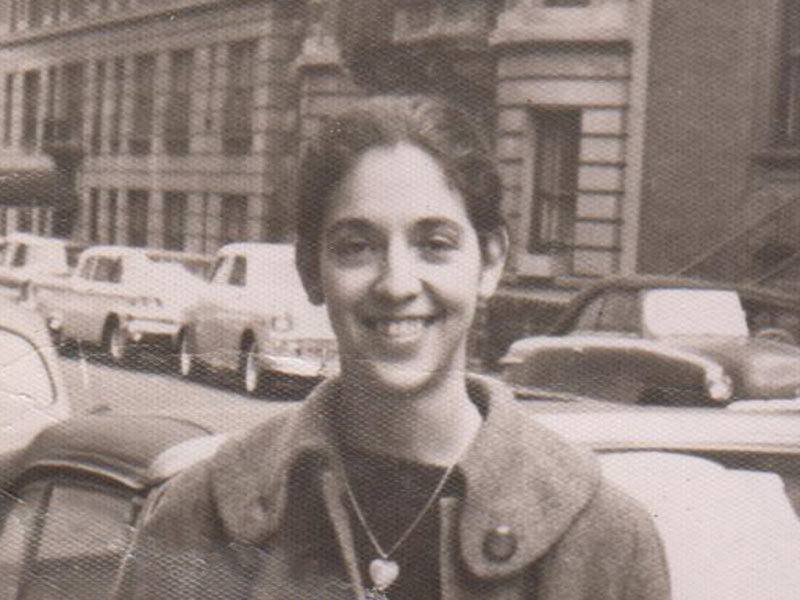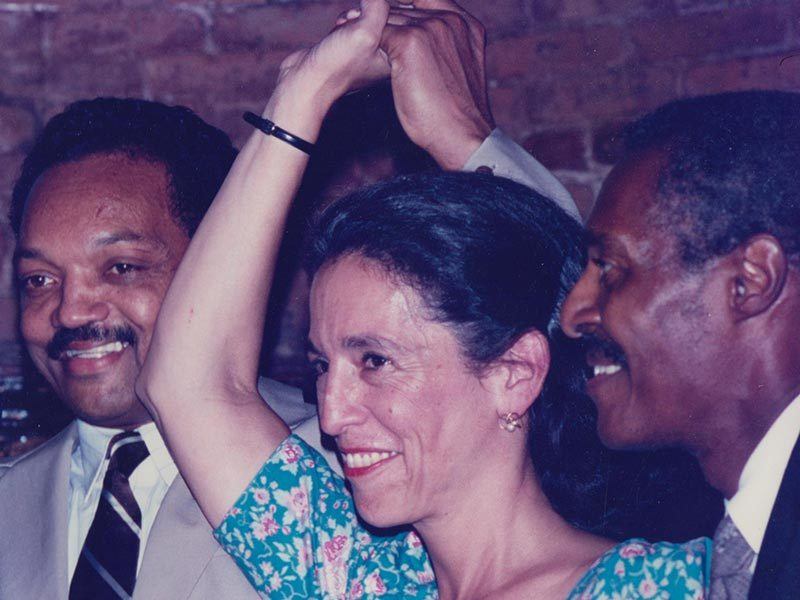Ruth Messinger’s Remarks, National Council of Jewish Women Conference
Dallas, 2011
In the 1980s and ‘90s, I was in the thick of my political career as a New York City Council member and as Manhattan borough president. Sexism gnawed at the edges and chewed through the center of my work. When I expressed an opinion, I was often dismissed as being “rude,” “pushy” or “hysterical.”
When I requested a public hearing about a piece of legislation I’d drafted, a powerful male colleague responded by saying, “Of course you can have a hearing. I can never say no to a pretty girl.”
And although I was popular within the Hispanic community, I could never win the support of Hispanic women over 40. Why? Because, back then, they felt that women shouldn’t work outside the home.
When I lost the mayoral election and left city politics for a new career in international development, my understanding of gender inequality acquired a global perspective.
There’s a Chinese proverb that says, “women hold up half the sky.” It’s a true statement in that women make up half, actually more than half, of the world’s population—more than half because women live longer than men.
But, unfortunately, wherever we look—in the United States, in the developing world—women aren’t always equipped to do the heavy lifting that’s required to hold up half the sky. Women have far fewer freedoms than men; are often not in control of their own bodies or their own lives; and are victims of subtle and overt gender inequity.
What’s more, the problem of gender-based violence persists. In too many countries—particularly in Sudan and the Democratic Republic of Congo—rape is used as a weapon of war.
And yet, despite these painful realities, women often take matters into their own hands, becoming their community’s most valued agents of change and catalysts for collective action.
Even in dire circumstances, women are organizing. They are fighting back. And I believe that we have much to learn from their organizing efforts.
As AJWS supports healthcare, education, sustainable agriculture and the rights of sexual minorities; as we work to strengthen civil society, we often support women. Why? Because they are the people in greatest need—and because, quite frankly, they are the people working hardest to effect change.
This work has been excerpted, condensed and edited slightly.




